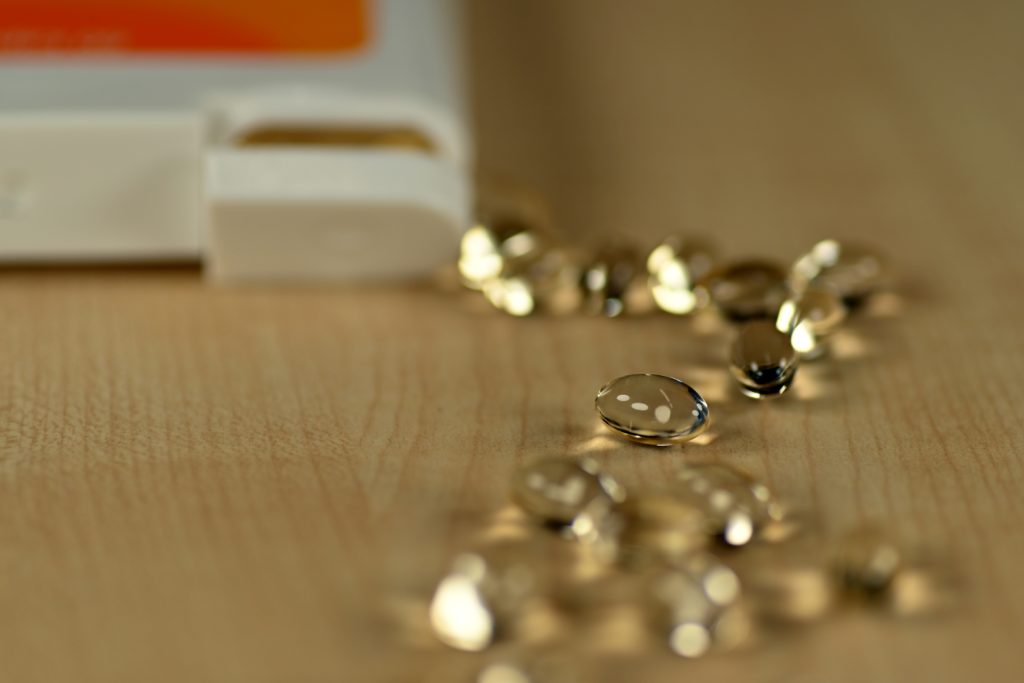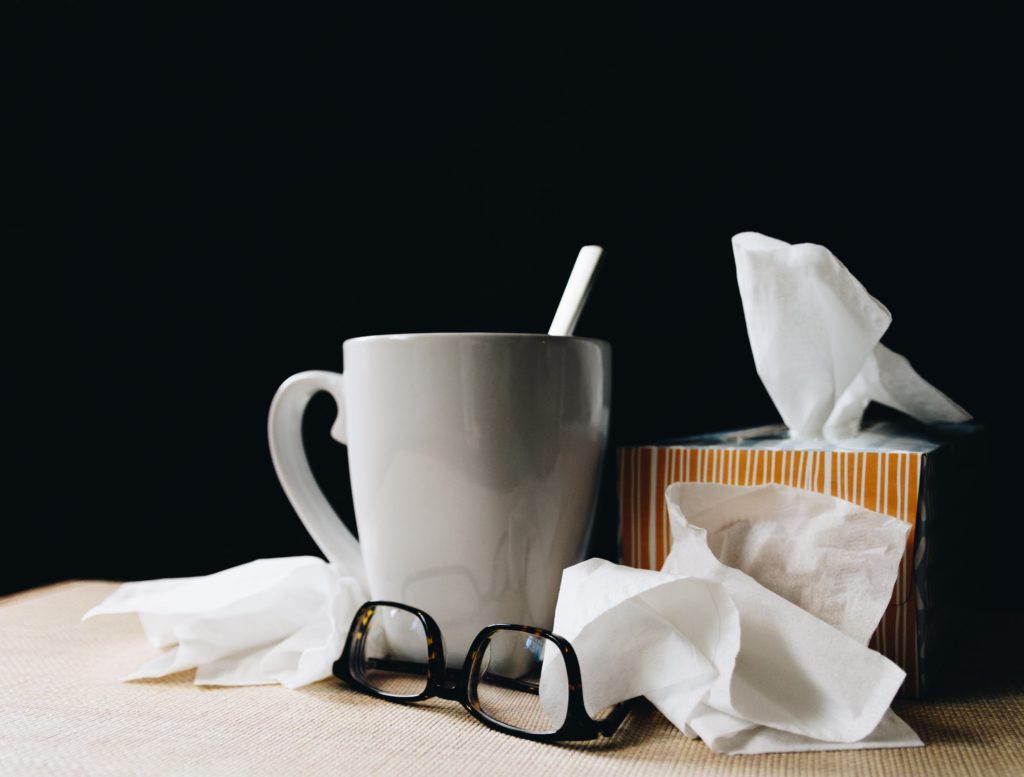What is mould illness?
Mold illness can occur if you are exposed to mold in your environment.
Molds are fungi that can be found both indoors and outdoors, and they reproduce by releasing tiny spores into the air. When inhaled or ingested, these spores can cause health problems in some people, especially in those with allergies, asthma or weakened immune systems.
Treatment for Mould Illness at Merge health
Here at Merge Health, we use functional testing to isolate the problem and consider possible toxic burdens from other causes that could be overwhelming your body — chronic infection, parasites, trauma and stress, for example.
Combining nutritional and pharmaceutical interventions, we create the best and most efficient support unique to you.

‘I cant speak highly enough of Merge Health, especially Steph, Tanya and Sarah. They absolutely know their stuff and have compassion and empathy.’
– Michelle
Diagnosing and testing for Mould Illness
If you believe you have mold illness, your first step is to book a wellness kickstarter. See our unique approach to treating mould illness here.
Symptoms for Mould Illness
Respiratory Problems
Frequent colds, chest infections and allergies as well as difficulty breathing and wheezing. Those with asthma may also experience bad asthma attacks.
Skin Issues
Mould illness can cause flare-ups of skin rashes like eczema.
Brain Fog
You may experience memory problems, difficulty concentrating and even some anxiety.
Chronic Fatigue
Mould illness can make you feel tired and weak. For more information about chronic fatigue, click here.
FAQs
How long does mold illness last?
This depends on the length and type of exposure, as well as how well your body detoxifies mold biotoxins.
Mold illness is often seen as a chronic condition, but there’s hope for a full recovery.
Is mold illness permanent?
No, it’s not permanent.
However, there are some who, even if they leave the mold affected environment, will have chronic symptoms that come under the banner of CIRS (chronic inflammatory response syndrome), where chronic symptoms persist. These are the majority of people we treat at Merge, and you can still recover!
Book with:

Kate McCandless

Steph Gadsden
Dr Tania Ash
Health insights
- Vitamin D deficiency and fatigueWe are now learning that vitamin D is a very important substance in the body. Vitamin D is actually a misnomer as it is not actually a vitamin but a hormone.
- 8 keys to get into the mindset of getting better from sicknessMost of us who have suffered from a chronic illness soon realise it is a journey, which is usually filled with trial and error and lots of experimentation.
- What is a Fatigue Management Plan?A fatigue management plan should include a comprehensive lifestyle change. We all know we are what we eat, but we are also a product of other lifestyle aspects such as sleep, exercise, and stress.
Appointment type
Online
Phone
In person
Groups




